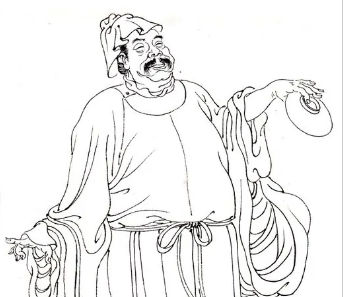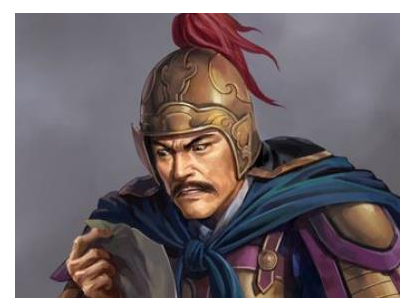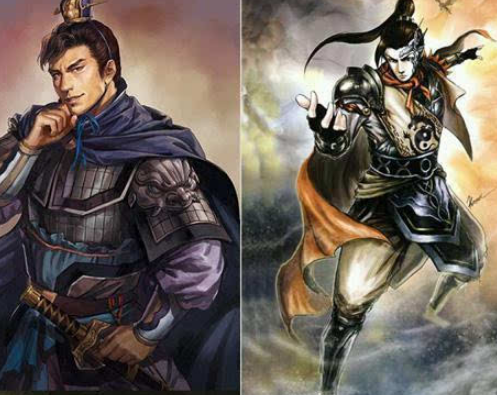In the ancient history of China, the struggle for the throne was often filled with blood and gore. During the reign of Emperor Taizong Li Shimin, he experienced a rebellion led by his eldest son, Li Chengqian. This rebellion ultimately ended in failure, and Li Shimin's performance in this incident has become a topic of much interest to later generations.

1. The Background of Li Chengqian's Rebellion
Li Chengqian, the eldest son of Emperor Taizong Li Shimin, was originally named as the crown prince. However, as time went by, Li Chengqian gradually exposed many problems, such as bad character and arrogance. This caused Li Shimin to lose confidence in him and entertain the idea of deposing him. Under this circumstance, Li Chengqian felt immense pressure and threat, so he decided to take a risky move and initiate a rebellion.
2. The Process of Li Chengqian's Rebellion
In 643 AD, Li Chengqian secretly gathered a group of trusted advisers in the Eastern Palace to discuss the plan of rebellion. They planned to attack the palace at night and capture Li Shimin in one fell swoop. However, the plan was soon leaked, and Li Shimin immediately took action. He quickly mobilized the imperial guard and captured Li Chengqian and his accomplices. Li Chengqian's rebellion thus ended in failure.
3. The Reason for Li Shimin's Sword Suicide
After Li Chengqian's capture, Li Shimin faced the dilemma of how to deal with his rebellious son. According to the law of that time, Li Chengqian should be executed. However, as a father, Li Shimin was deeply conflicted. He could not tolerate his son's betrayal, but he also could not bear to end his son's life. In this situation, Li Shimin made an astonishing decision: to commit sword suicide.
4. Conclusion
Li Shimin's sword suicide reflected his painful struggle between family ties and national duty. Ultimately, persuaded by Chang Sun Wuji and others, Li Shimin gave up the idea of suicide. He deposed Li Chengqian as a commoner and exiled him to the border. Although the rebellion was quelled, it left a profound scar on Li Shimin's heart. It also shows us the tremendous pressure and pain that a emperor bears when facing family disputes.
Disclaimer: The above content is sourced from the internet and the copyright belongs to the original author. If there is any infringement of your original copyright, please inform us and we will delete the relevant content as soon as possible.
































